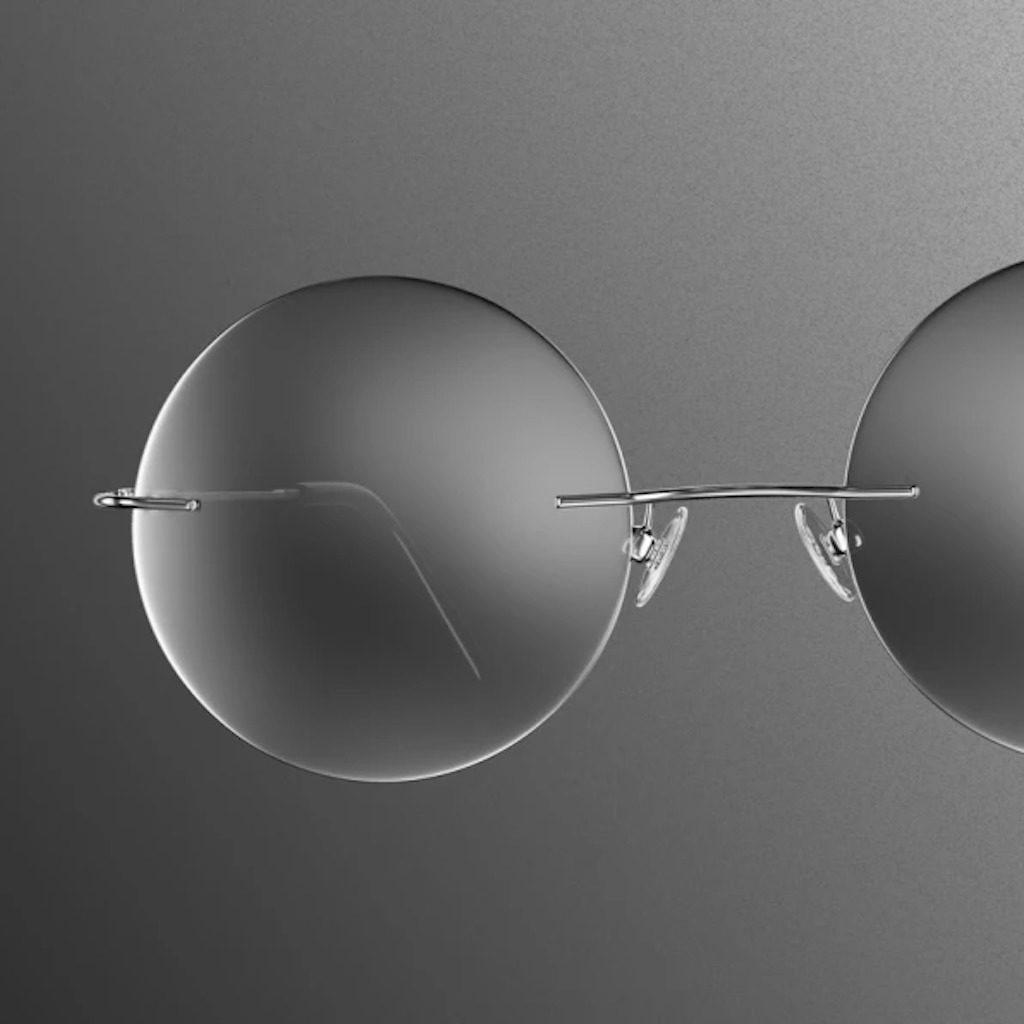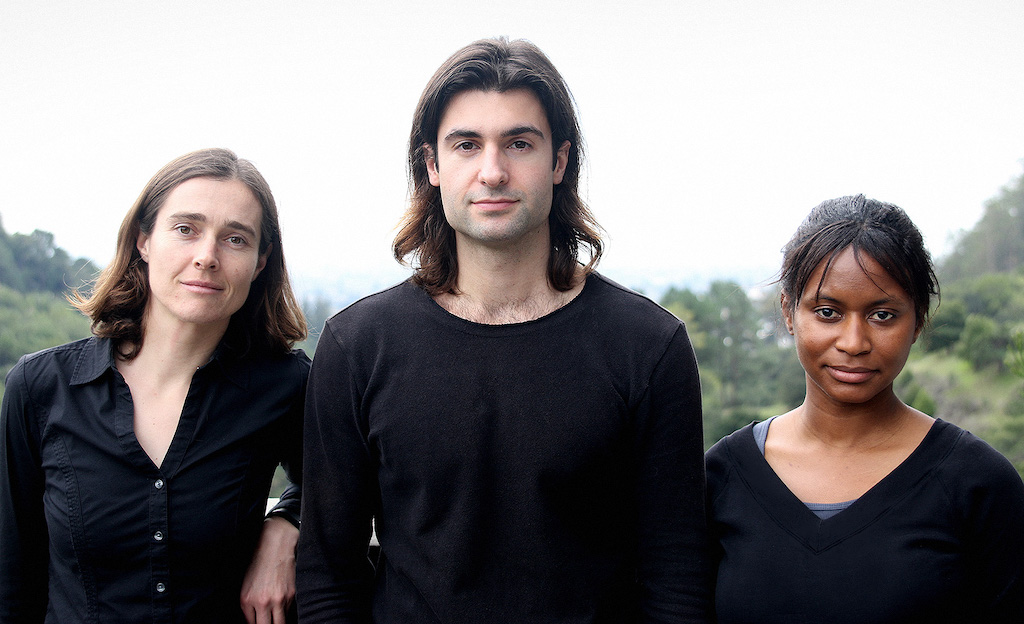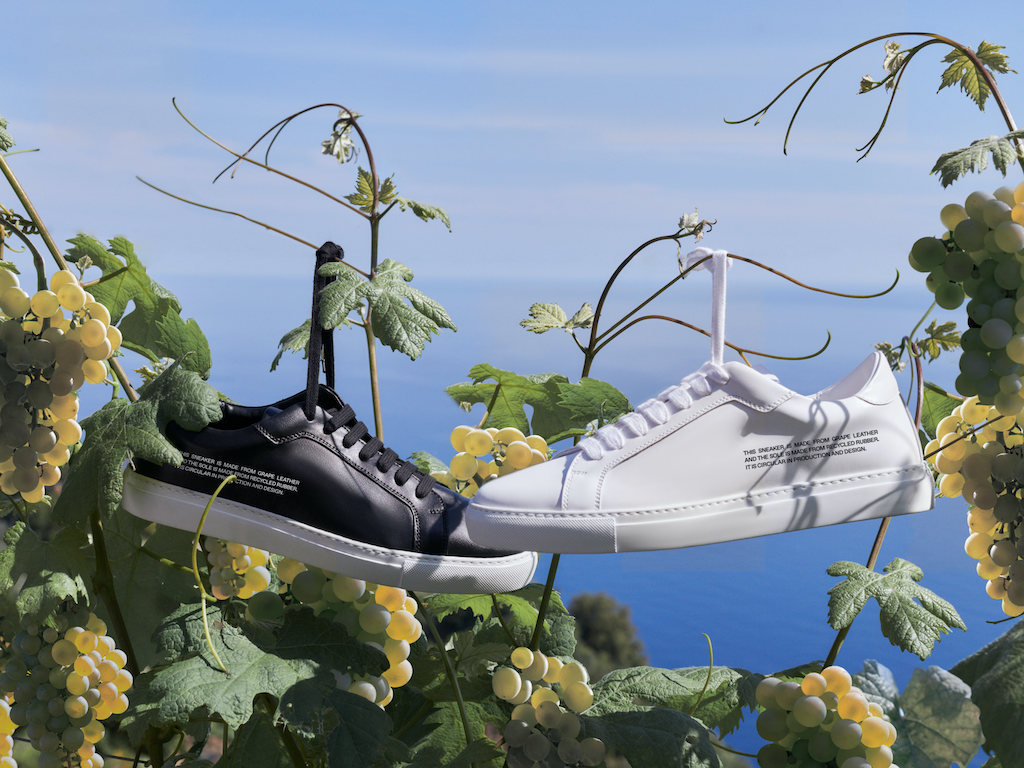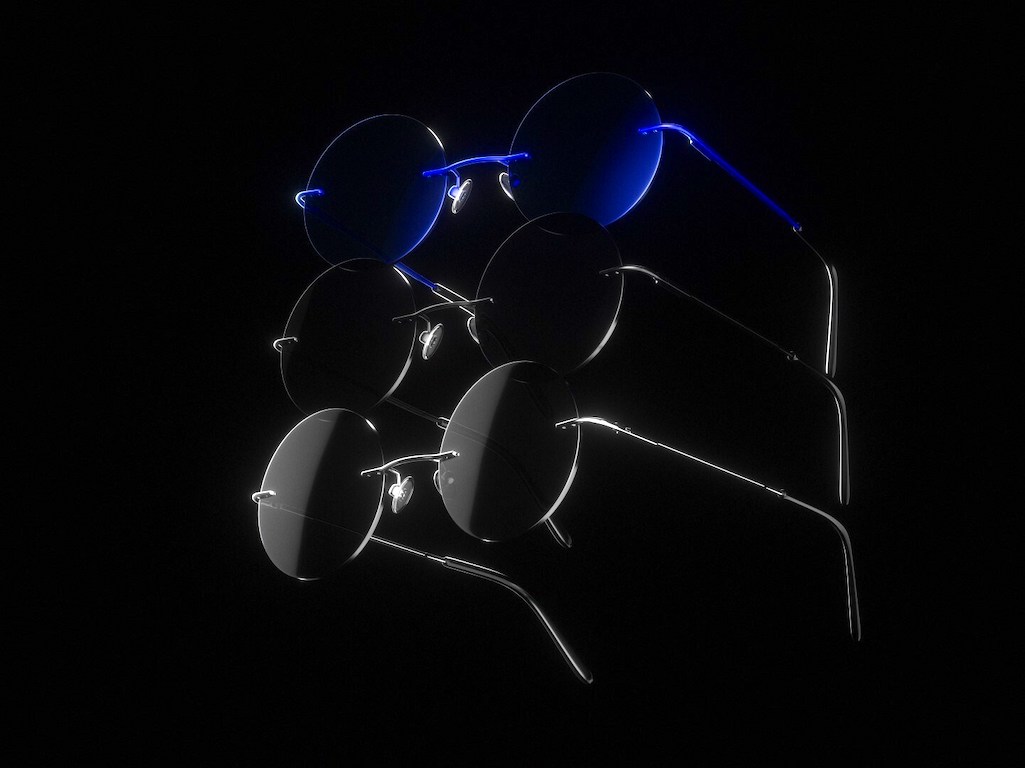3 Mins Read
There’s no shortage of innovation in sustainable fashion, with brands making bags out of mushroom leather and clothing from recycled plastic bottles. But what about sustainable eyewear? Prepare to be impressed, because sunglasses are now featuring lenses made with carbon capture technology.
British sustainable fashion brand Pangaia has just debuted its new eyewear collection, featuring lenses developed by Twelve, a company that makes materials out of CO₂ in the atmosphere. This eyewear collection, slated to launch in October, will be the first of a series of partnerships between the two firms to create new climate-friendly apparel and accessories.
Carbon capture lenses

Twelve makes its lenses using what it calls “carbon transformation technology”, which can be embedded into existing industrial supply chains to make building block materials out of carbon emissions. The company is able to turn carbon dioxide into useful chemicals, fuels and materials, which can then be incorporated into consumer products such as electronics, cars, or in this case, lenses for sunglasses.
Pangaia’s new sunglasses featuring polycarbonate lenses will be the first commercially available product made with Twelve’s proprietary “CO2Made” technology. Twelve rebranded from Opus 12 earlier this year.
“We are thrilled to partner with Twelve to deliver polycarbonate that is derived from CO₂,” shared Pangaia chief innovation officer Dr. Amanda Parkes.
“Our goal is not only to showcase the endless possibilities of science-based solutions, but also to promote industry-wide adoption that will help scale technologies and help rid the world of fossil-fuel based polymers and over industrialized materials.”

Pangaia Lab
To advance the adoption of climate-friendly technologies and materials, Parkes says, Pangaia will be creating a new Pangaia Lab platform to “showcase the latest and greatest in material science innovations”. It’ll work like a trial lab, with novel products being launched in limited quantities “as they become available”.
The Pangaia Lab x Twelve eyewear range, for instance, will be a capsule collection with just 200 units available across 3 colour styles: black, silver and cobalt blue. It will be retailed on its direct-to-consumer website for $495.
Commenting on launching its first carbon capture product with Pangaia, Twelve co-founder and CEO Nicholas Flanders says it “demonstrates how brands can source carbon from emissions while continuing to make the products customers love.”
“Our global economy is at a critical point for climate action, where brands and organizations are stepping up to reduce their environmental footprints and build sustainable supply chains,” he added.
Aside from using captured carbon dioxide as a material, Pangaia’s other more sustainable choices include using vegan grape-based leather to make sneakers, seaweed-based fibre for its activewear range, and 100% bio-based plant and fruit fibre fabrics for its new hoodies and tees.

Fashion that captures carbon
The idea of sequestering carbon dioxide emissions and turning it into new fashion pieces seems futuristic, but companies hope to make this a large-scale reality in the near future. Sportswear giant Nike, for instance, is banking on this with its new partnership with Newlight Technologies, the company behind AirCarbon.
AirCarbon is a carbon-negative material made from microorganisms in the ocean, and it captures more GHG emissions than it emits into the atmosphere in production. Nike says it’s now exploring different uses of AirCarbon, primarily to replace high-emissions materials such as leather and synthetic materials made with petroleum plastics.
Lead image courtesy of Pangaia.




